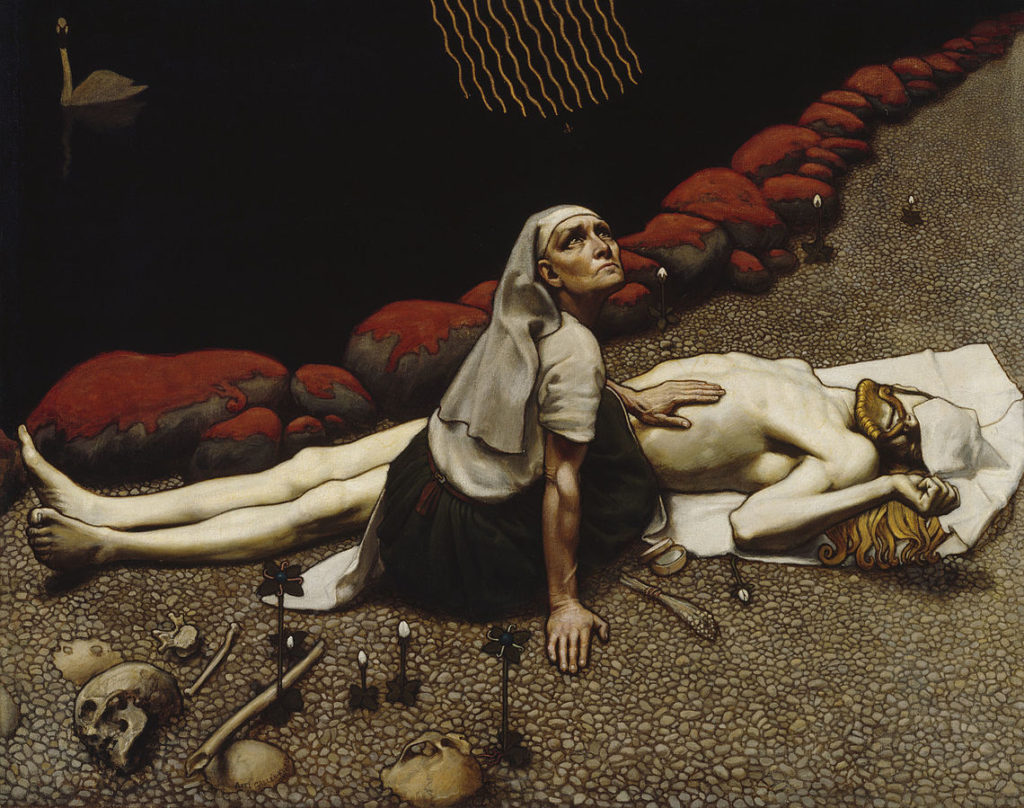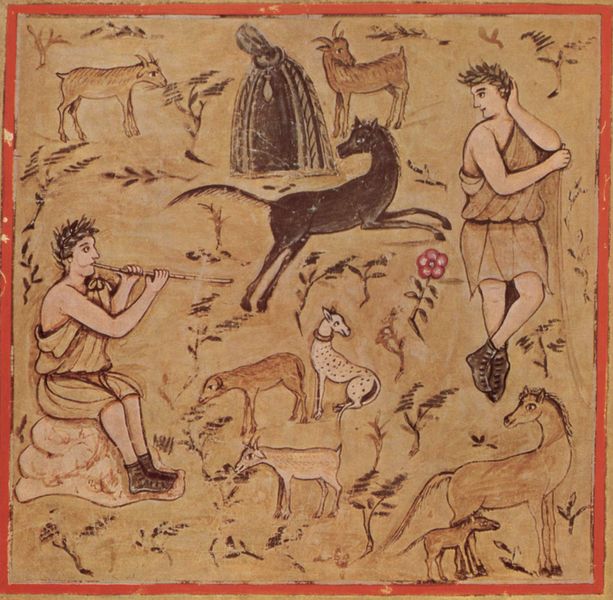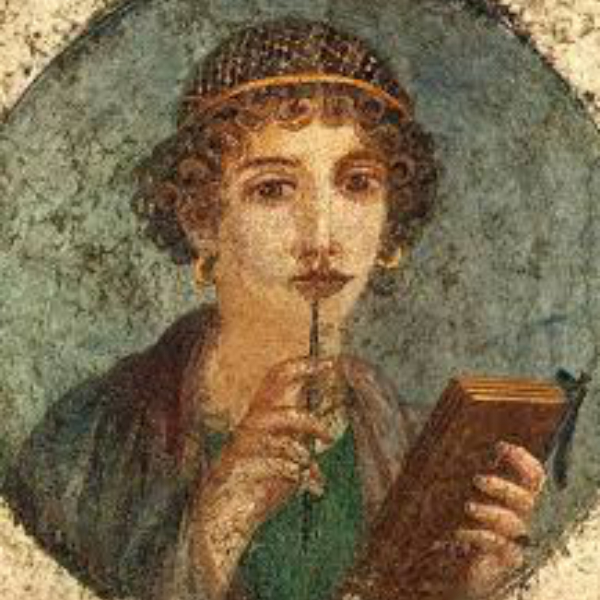Dear Poetry Friends
LIVE
Tuesday November 21st, 630pm, Brendon Books, Taunton, Somerset
KALEVALA
In 1989 Graham Fawcett went to Helsinki for Radio 3 to interview Sibelius’s biographer Erik Tawaststjerna about Sibelius works directly inspired by the Finnish national epic poem, Kalevala. These include:
- The Swan of Tuonela, one of the four Lemminkaïnen Legends tracing a journey to the Underworld and back;
- Luonnotar,about the creation of the world from a bird’s egg perched on the knee of the Daughter of the Air;
- the Kullervo Symphony, its young hero cut off in his prime by Fate;
- Pohjola’s Daughter, in which a young woman sitting on a rainbow sets the poem’s old hero three impossible tasks;
- and Tapiola a late conjuring of the god of the forests.
Graham’s second journey in 1999 took him from Helsinki by night train and coach across the frontier into the area of Archangel Karelia in Western Russia to record interviews and tell the story of how Kalevala came about: a young country doctor, Elias Lönnrot, had travelled there several times on horseback, foot or skis in the 1830s to take longhand dictation, from country people living in villages dating back to the Neolithic, of folk tales they sang to him and he stitched together to make a national poem which the then newly independent Finns would be proud of. They still are.
Graham’s work on Kalevala:
- Land of Heroes, a 75-minute documentary on Radio 3 illustrated by Sibelius’s music, the voice of his biographer Erik Tawaststjerna, and passages from the poem;
- A short feature on his journey for R3’s Night Waves;
- A letter-column for the Times Literary Supplement;
- A ten-week course reading Kalevala with his online poetry group
- and a lecture illustrated by paintings of the characters and adventures in Kalevala.

Akseli Gallen-Kallela (1865-1931), Lemminkaïnen’s Mother (1897) – a modern Pietà
TO BOOK FOR THE NOVEMBER 21ST LECTURE IN TAUNTON, GO TO https://www.ticketsource.co.uk/brendonbooks/graham-fawcett-kalevala-land-of-heroes-tlf-event/e-zqmxmv
*
JANUARY TO MARCH 2024
LIVE
Starts Wednesday January 10th 2024 – ten Wednesday mornings in Mayfair
ART’S HALL OF MIRRORS

Pieter Bruegel the Elder (c. 1525-30 – 1590) Two Monkeys
Wislawa Szymborska, Two Monkeys by Brueghel
(trans. from the Polish by Magnus Krynski, in Sounds, Feelings, Thoughts: Seventy Poems by Wislawa Szymborska – Bilingual Edition: 19 (The Lockert Library of Poetry in Translation, 19).
I keep dreaming of my graduation exam:
in a window sit two chained monkeys,
beyond the window floats the sky,
and the sea splashes.
I am taking an exam on the history of mankind:
I stammer and flounder.
One monkey, eyes fixed upon me, listens ironically,
the other seems to be dozing–
and when silence follows a question,
he prompts me
with a soft jingling of the chain.
FULL DETAILS AND HOW TO BOOK – CLICK HERE: https://thecoursestudies.co.uk/course/arts-hall-of-mirrors-how-poems-succeed-in-making-paintings-and-sculptures-speak-in-english
ONLINE
Starting Monday January 15th 2024
A new 10-week course, Mondays 1530-1700. (Till Monday March 18th 2024)
VIRGIL’S GEORGICS

Master of the Vergilius Romanus (Roman Virgil), 5th cent., Virgil’s Georgics Book III. Shepherd with flocks.
Filled with the spirit of Beethoven’s Pastoral Symphony and John Clare’s Cambridgeshire idylls,Virgil’s Georgics is a rapturous, big-canvas, pastoral celebration of the Ancient Roman farming year, a joyful verse compendium of country wisdoms. It sings of everything in the farmer’s calendar, making verse excitement out of such earthly matters as how to plough, read the weather, dig ditches, look after vines and trees, manage livestock, and keep bees. This enchanting 2188-hexameter work was probably published in 29BC, the year in which Virgil began work on the Aeneid. The Roman dramatist Seneca said that in it, Virgil had “aimed not to teach the farmer but to please the reader”; while John Dryden, who translated the Georgics in 1697, declared the work “the best poem by the best poet”. Just as aspiring cooks are still encouraged to work their way through Mrs Beeton’s Book of Household Management, so farmers to this day find in Virgil’s Georgics an indispensable guide to the daily demands of nature.
C Day-Lewis’s stunning translation of Virgil’s Georgics, published in 1940, put Virgil’s poem firmly back on the Classical map alongside his Aeneid for English readers in the second year of a war which was already threatening to obliterate civilisation and memory. So, his new version of it was an act of prescient salvage by a poet who had already won his spurs for his own work. It has excited lovers of Classical verse translation ever since.
FULL DETAILS AND ON HOW TO BOOK – THERE ARE CURRENTLY 8 PLACES LEFT
write to Graham at [email protected]
*

If you are writing . . .
Graham continues to read, comment, and give tutorials on typescripts of poetry and prose, including collections. Contact him if you would be interested in this for yourself or anyone else at [email protected] .
“How grateful I am for your unfailing gift of wise counsel – whether it’s about a philosophy or the placing of a comma, you’ve been on to it. And never daunting, always friendly”.
Patrick Coldstream, Hertfordshire (2021)
“Your work on my book taught me so much”.
Celia Purcell (2022)
“A masterclass in line-breaks and word order”
Owen Gallagher (2022)
*
Recorded lectures available in the online series can all be booked via https://www.grahamfawcett.co.uk/events. Click on the image for the lecture you are interested in.
All best wishes
Graham
*
